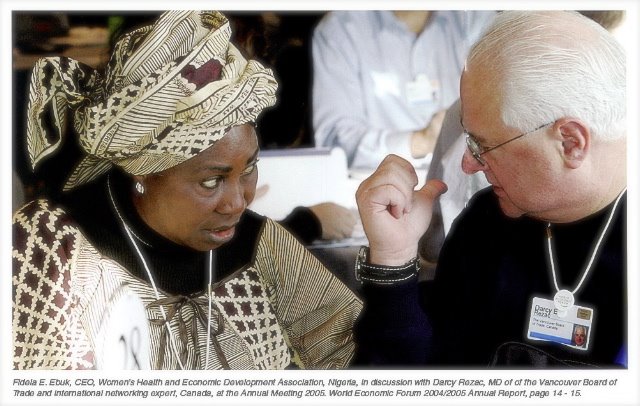 If someone says “you are messing with my mind,” they’ve actually got it right. Daniel Goleman in Social Intelligence: The New Science of Human Relationships discusses how the latest generation fMRIs have allowed scientists to see what happens in the brain when it comes to our social interactions. It’s these very recent findings in the emerging field of social neuroscience that proves “we are wired to connect.”
If someone says “you are messing with my mind,” they’ve actually got it right. Daniel Goleman in Social Intelligence: The New Science of Human Relationships discusses how the latest generation fMRIs have allowed scientists to see what happens in the brain when it comes to our social interactions. It’s these very recent findings in the emerging field of social neuroscience that proves “we are wired to connect.”A neural duet
The most exciting work now being done is on how two brains interact. Previously scientists and doctors studied brains, one at a time. This exciting new research has found “a hitherto undreamed-of neural duet between brains as people interact.” While the research is compelling, it gets really interesting because of what we as social beings can do with this information. Imagine any social situation and knowing that you affect how others interact with you—good or bad. If you understand social intelligence you can change the outcome in a more positive way.
Emotional viruses
Emotions are contagious. This is thanks to mirror neurons, a newly discovered class of brain cells, which Goleman says, “act like neural WiFi. These neurons specialize in tuning into the person we are with and creating in our brain a replica of the other’s emotions, actions and intentions.”
Have you ever had a conversation that simply stalls, or worse yet, one where ‘the wall’ drops down? Things go from warm and friendly to downright chilly and that loud hissing sound you hear is your positive energy deflating as you react to their reaction. Your body stiffens, your smile tightens and you catch their negative virus. If you feel someone shutting down do not mirror that behaviour. Instead, stay relaxed, continue to smile and stay confident. Now they are catching your positive virus! The person who just tried to shut you down—tried to get you to catch their emotional virus—may walk away from that exchange wondering why they feel so good about you and the experience. Learning the skills of social intelligence, making that brain-to-brain bridge, is “the difference between mere social ease and full rapport.”
Rejection hurts
The research into social neuroscience also answers another question: it’s not just me; rejection is painful. We have all met someone who telegraphs this message, “Thanks, but I’m looking for someone more important to talk to than you.” It’s an experience that sticks with us. It’s one of the reasons most people have anxiety about networking and talking to people more senior than themselves, or have bad memories from meeting ‘toads.’ Goleman says, “Our brains registers social rejections in the very area that activates when we are hurt physically; the anterior cingulated cortex.” It’s heartening to know that the pain of rejection has a neural basis.
Social intelligence is a powerful tool to help us with all our social interactions in work and life. It is so powerful it should be required in every high school and university and for any of us who want to take our skills as a connector to the next level. We have more control of social outcomes than we think.
You can find out more about Daniel Goleman at www.danielgoleman.info.



1 comment:
hi, there's an interesting audio dialogue series that Goleman has led called 'Wired to Connect' that involves conversations with thinkers such as Howard Gardner, Clay Shirky, George Lucas and more, about the applications of these findings to different fields. you can hear samples of these at morethansound.net
Post a Comment